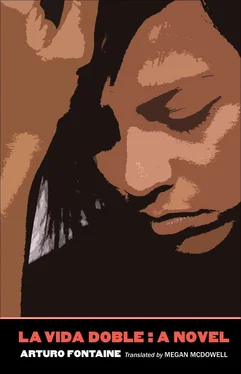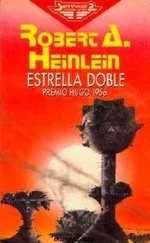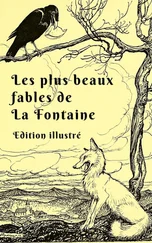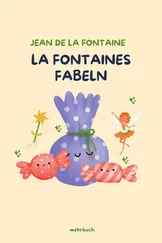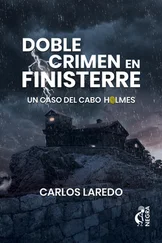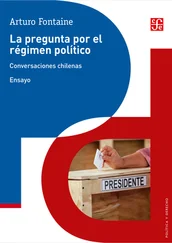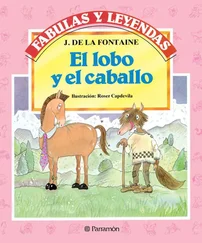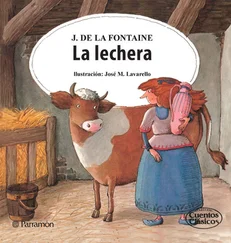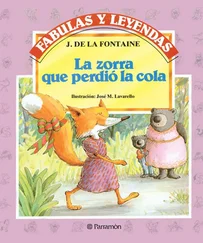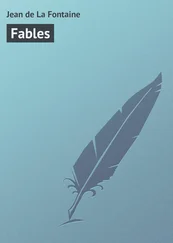I took a long, slow, hot shower and got into bed. I said I was tired and I needed to sleep. But I just lay there facing the wall. I couldn’t get up. I wanted to be alone and not think about anything. My mother gave me some pills to help me sleep, and I managed to doze for a few hours. Ever since that day, I’ve never again been able to fall asleep without pills. Nor have I been able to sleep with the light off. I need a little light, otherwise I start tossing in bed and I can’t sleep anymore. I woke up suddenly, startled and sweating. I was still in my childhood room.
When I left home to live on my own I didn’t want to bring anything with me, and my mother kept things exactly as they were. It’s as if I’d left home yesterday. There’s an old Silvio Rodriguez cassette in my stereo. Those must have been the last songs I heard in this room. Everything is the same. Even a few old dolls with faded hair that I never gave away, which watch me from the shelf with staring eyes, open and empty, as if dead. I look at the little-girl curtains my mother never changed: they’re sky blue with red, green, and yellow balloons. Behind them the flowers of the apricot tree press against the window. I look at the clock. Time doesn’t pass.
My mother comes in and it’s as if she’d woken me up in the middle of the night. Seeing her there disconcerts me. She’s gained weight; I’m annoyed that she’s here and interrupting me when I need to be alone. She opens the window so the scent from the apricot tree can waft in, but I sneeze and sneeze, waves of sneezing: I’m allergic to the pollen. If we were at the beginning of spring, with a little luck I could reach out my arm and grab an apricot. That’s if the pigeons didn’t beat me to it, or the damned ants. I stay there lying in bed, not thinking of anything. I used to love the flowers on the apricot tree. I try to smell them the way I used to, but I can’t. I close the curtain. “I’m not hungry,” I tell my mother. I bark at her, more like it: “I’m not hungry! Don’t bother me, please. .” I curl up and shrink from her. I want to be alone in the dark.
“I didn’t mean to bother you,” says my mother. “Quite the opposite. .” She looks at me. I should apologize, but I say nothing. Finally, just when I’m about to utter the words, she makes a half-turn and leaves, gently closing the door. I should call her back and give her a hug. I freeze up.
My mind jumps around: the rough stubble on my father’s chin against my face, Rodrigo’s back as he plays paddleball on the beach, Ronco’s shout, my grandmother’s deeply wrinkled cheeks. And the rancid smell of the nuns in school, Gato’s sibylline voice, the pain in my wrists, the pain on my back from the electrified bed frame, the feeling of Canelo’s short hair in my hand, the dry sound of my leather purse closing with the money inside. . My memories bounce off of hard glass.
I’m empty, I need deliverance, but there is none. Sighs escape my lips. And my sighs are the howls of an animal that has lost its vocal cords. Even stretching out in the bed is an effort. I doze curled up. Nothing will move me from that position. Except the anguish squeezing my guts; then I arch my body as though trying to wrench away from myself. How long will it last? What can calm me? It’s hard to breathe. I’m desperate. The floor sinks down. I’m the one who has to end this. I should do now what I should have done with my Beretta in Calle Moneda. I’m resolved. Yes, now. There’s no hysteria. I’m reasoning coldly. No one can endure this anguish. It’s the only way out. But not now. As soon as I have the strength. I’ll go to my mother’s bathroom and swallow the whole box of sleeping pills. That’s the answer. This is impossible to bear, it’s inhuman. The decision calms me down.
Until Anita comes in and climbs in bed with me. She makes me laugh. I hadn’t remembered her laugh, and when I see it spill from her mouth, it makes me laugh, too. When she leaves my room, I fall back into the abyss that opens up for me and leads to another abyss, which also opens up and drops me into yet another abyss.
My mind wanders to Liv Ullmann’s face in the black-and-white film Persona, by Bergman. The scene goes like this: Liv is in bed in her white nightgown, smoking, motionless while she listens with enormous attention to what Bibi Andersson is telling her from the armchair. Alma! Of course, Bibi Andersson is Alma, the nurse, and Liv is an actress — I forget her name — who is sick, withdrawn deep into herself, barely moving and refusing to talk. Bibi, who is Alma, talks to her and likes that Liv listens.
What Bibi, the nurse, is telling her about is a strange sex scene with some very young boys at the beach. She and a friend were sunbathing naked when these unknown boys came along and started to ogle them. Her friend said to her: “Let them look.” And Bibi, inexplicably, stayed there, naked and lying face down. Her friend stayed on her back. One of the boys, the braver one, came closer, and her friend took his hand, helped him take his clothes off, and they began to make love. Her hands squeezed the muscles of his buttocks while he penetrated her. Then Bibi wanted to have sex with this same boy; she did, and she got very excited and came immediately. Then the other boy came over and her friend started to play with him, and he came in her friend’s mouth; she touched herself then and when she came she cried out. .
As Bibi’s story goes on, Liv’s face, listening, becomes larger. The hand with her cigarette covers her thirsty mouth. It’s a kind of modesty that gives us pause. Later that night, Bibi goes on saying, she made love with her fiancé and it was better than it had ever been before or would be again. She can’t understand how the whole thing happened.
The silent profile of Liv’s face continues filling the screen. The light seems to sculpt that face in stone. The forehead, the eye, the outline of the nose, the contour of the lips, all chiseled by light. It’s an inhibited and emotional face. Moved by what she hears. Her full lips, made for kissing, are hesitating, about to open. Something is transforming her from inside, but she holds it back.
It’s extraordinary! Liv just listens. And that’s what Bergman filmed: a woman listening.
Time is beginning to stick to the curtains. Beyond them, hidden, are the flowers of the apricot tree. A black claw reaches into my stomach and squeezes me from inside. If this doesn’t stop, I know what I have to do, I tell myself. It doesn’t make me sad. It’s not revenge. I think that I should prepare my mother, my father, Anita. But how?
So, how did it come to this? I tell myself: I have to go back to my mother. I must. My mother: smart, ugly, but well shaped, good breasts, good legs. I’ve told myself this story before. A woman who works in Radiology at the Salvador Hospital feels that her face doesn’t belong to her, she’s insecure about her looks — but not about her intelligence. She wins the love of a tall, muscular, beautiful man. He’s a talented tennis player but not, of course, a professional. He’s a businessman. He works with his father in a small workshop in the neighborhood of Carrascal. He buys tree trunks in the south, brings them by train to Santiago, and makes them into boards, planks, and panels. For doors and windows, for floors. That’s what my father makes and sells: doors and windows.
Now it strikes me as a poetic trade, but not back then. The best wood is rauli beech or holm oak. Sometimes he’s contracted for a walnut door. His father still gets to the yard at six in the morning and is annoyed if his son — who must be over forty by now — isn’t there yet. My grandfather is Catalan. He’s the one who taught my father all the tricks. My father told them to me. How to use the spray gun to lacquer pine particleboard; how to work the table saw and the circular saw; how to add a hundred years to a young rauli or roble beech by darkening it with cedar extract so it passes for a strong, ancient beech; how to kill the yellow spots on chestnut by rubbing them with a soft bitumen-soaked cloth, so you can sell it as oak, which has such a similar grain; how to disguise a knot, which mordant to use, which aniline (if one is disposed to use aniline), how to get rid of the pores using a rag soaked in alcohol, powdered pumice stone, and a few drops of varnish; how to apply — just the way foreman Vicente shows him — a very thin layer of shellac, and then sand it and apply another coat, so the wood gradually takes on, layer upon layer, as the fumes evaporate, that singular caramel tone of a real lacquer. Master Vicente knows how to keep varnish from getting that fatal roughness that looks like an orange peel. He taught my father to do battle with those gray spots that form, using benzoin mixed with oil and, afterward, polishing it with the palm of the hand covered with a mixture of Venetian tripoli, water, sulfuric acid, Vaseline, turpentine, and alcohol. You have to smell the wood, my grandfather tells him, you have to touch it, love and taste it. It’s the only way the wood will give itself over to you. The finest varnish contained lacquer, sandarac, and white elemi. What his father absolutely never taught him, but Vicente did, was how to make a good “prison rotgut” by mixing tea and lemon with the alcohol for dissolving shellac. The first time my father got drunk it was in the workshop on that cocktail of Vicente’s.
Читать дальше
